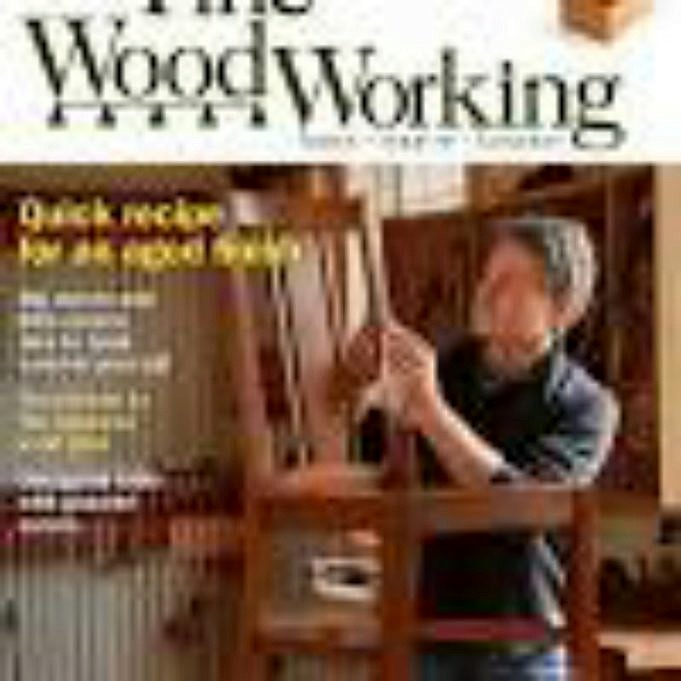After 22 years of being an editor, writer, and builder in the woodworking magazine industry, I am leaving. But I dont think Im a rat fleeing a sinking ship. I still think printed magazines have a place in our digital age. A magazine must have a set brass editors if it is to survive.
Let me first say that nearly everything I have read on woodworking magazines in forums and comments is not like my experience in media. Many commenters have never worked in this field but have a cousin who worked at a Monkeys Eyebrow newspaper. So ergo media genius.
The following might be crap as well. But it is crap that has accumulated in my head since I was tracked into the journalism program at age 13 at Chaffin Junior High. I am still on that track at 50. Here we go.
The Reader is Usually Wrong Editors have two broad choices about how to run a magazine. She can be a lamp or a mirror. The mirror approach is the easiest. The mirror approach is the easiest. You first survey readers about their reading preferences, then tailor your editorial content to meet those needs.
There are two problems with that approach. First, few editors really know anything about designing and executing a survey that is free from biases, that uses proper controls and that offers statistically significant results. Even if they wanted to do these surveys, they wouldnt because they are incredibly expensive. Good data costs money.
So, most magazine surveys that I’ve seen in the woodworking sector and out create editorial that is similar to Zwieback toast or mushy peas. Yes, it might seem edible, but it will kill you in the long run.
The second problem with giving the people what they want is the people themselves. Imagine that you are a kindergarten teacher asking your students what they should learn for the next year. You then created a lesson plan that was based on Janets’ hair pulling, cartoons, and recess.
It is why I choose to take a riskier approach and try to be the lamp.
Simply put, chase after what is deeply interesting to you. Look for stories, writers, and approaches that are completely different from what you believe. Ask critics of your magazine to see what they would publish. Do not publish anything that contains the word “ultimate” in it. Ghostwrite for difficult people (we know of a few) Writers who earn most of their income through writing should be avoided. Their copy might be easy to edit, but it will likely be boring.
Be in trouble both with your staff and your superiors because of your editorial decisions. I had two staff members who I thought were going to take a swing at me (and this is because of my editorial decisions). Your magazine will be successful if it is well-respected and respected by those above and below.
Advertising
Decide if you work for the readers or the advertisers. Its easier to make a few dozen advertisers happy than 200,000 readers. Advertising can quickly turn sour. Your magazine could be hurt if some fickle advertisers become grumpy. You’ll be fine if a few readers become grumpy.
Dont Take Free Stuff
Its easy to take free tools, hardware or supplies. Resist that path because it leads to making infomercials. If you need a tool (for a review, for example) and your budget cant afford to buy it, borrow it and send it back. Be honest with your readers about this. If you take a free tool, be a big girl or boy and at least admit it in print.
Why am I telling you this?
The woodworking internet doesnt do the difficult stuff (in general). It is driven by celebrity, easy SEO-driven stuff, and iconsoclastic methods of making things in garages. I love the internet, and wish it all the best. But great content requires money, time and hard effort. It is then costly to print great content and send it around the world. And its impossible to please 200,000 people and convince them to send you money.
However, I believe that if editors are willing to take the difficult road every single time, magazines may still be in the best birdcages by 2124.
– Christopher Schwarz
Recommendations for Product
These are the tools and supplies we use every day in the shop. Although we may be compensated for sales made through our links, these products have been carefully chosen for their utility and quality.



